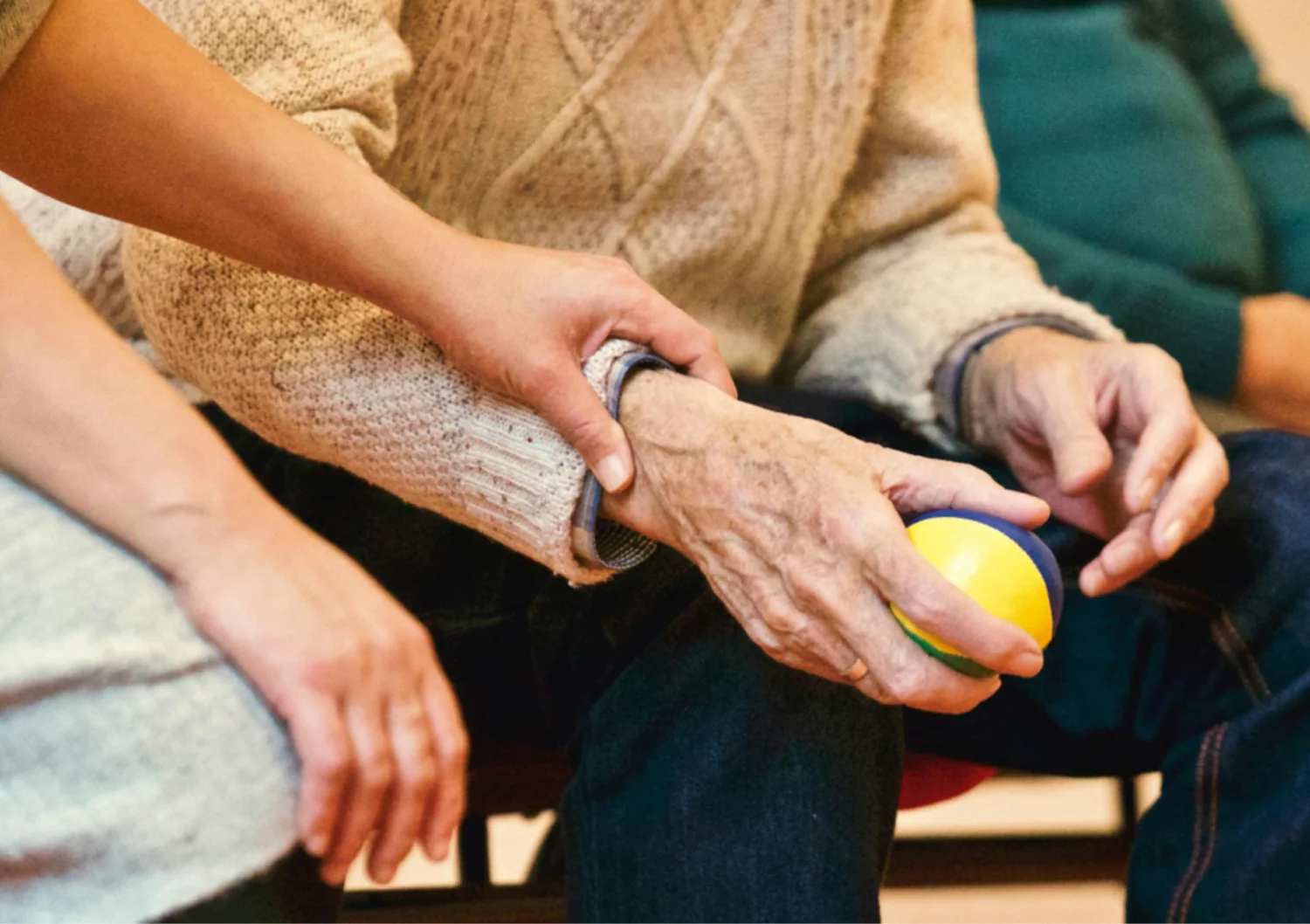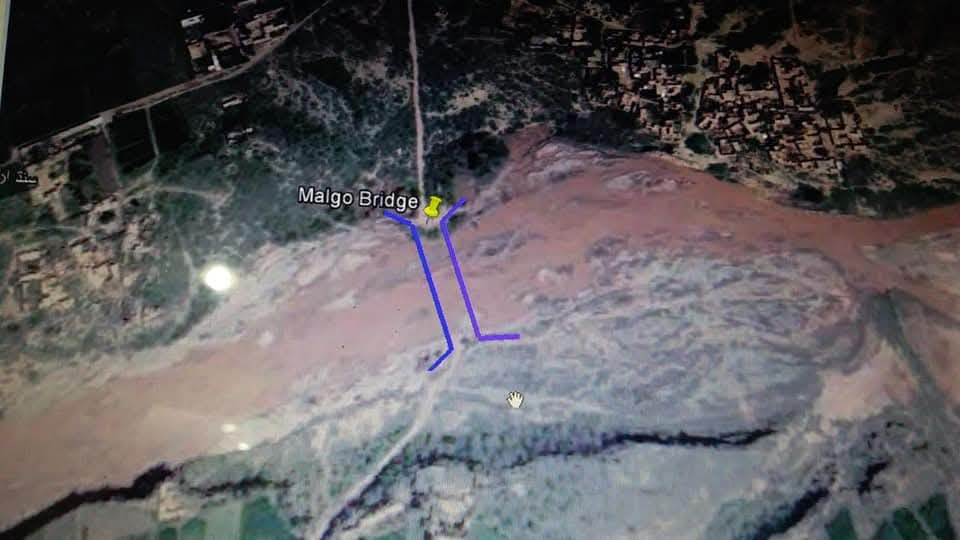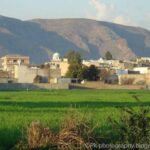Peshawar(Junaid toru) The floodwaters may have receded, but their scars remain raw in Buner. In the shadow of the mountains, women in makeshift camps endure a daily struggle that goes far beyond survival. With over 56 tents set up in Gangshal village, each shelter holds 10 to 20 people crammed together, often with just one foam mattress for an entire family.
“We cannot even step out of the tents freely,” said 32-year-old Gul Mina, a mother of four. “There is no privacy, no safety. Nights are frightening, and days are consumed with caring for children on a single foam.”
Local welfare groups have sounded the alarm. “There are 59 camps here, yet little effective government aid,” said Liaqat, General Secretary of Jabgai Welfare Foundation. “Women suffer the most. There are no toilets, no hygiene kits, no partitions. Diseases are spreading, and water tanks are empty.”
The lack of clean water has become the most pressing crisis. Women are forced to fetch unsafe water, while food spoils quickly due to the absence of storage facilities. Skin diseases, urinary infections, and reproductive health problems are on the rise, with pregnant and nursing mothers particularly at risk.
“I’m seven months pregnant but there is no lady doctor here,” said Shazia Bibi, a displaced woman. “I feel weak and dizzy, but there is no proper food or medical checkup. I fear for my baby.”
While international organizations like UNFPA have distributed 200 hygiene kits and plan psychosocial support programs, conditions remain dire. Provincial officials claim medical teams have been deployed, but women in camps report little access to care.
For now, the women of Buner’s flood-hit camps fight quietly for dignity, health, and survival—waiting for urgent attention that has yet to arrive.












